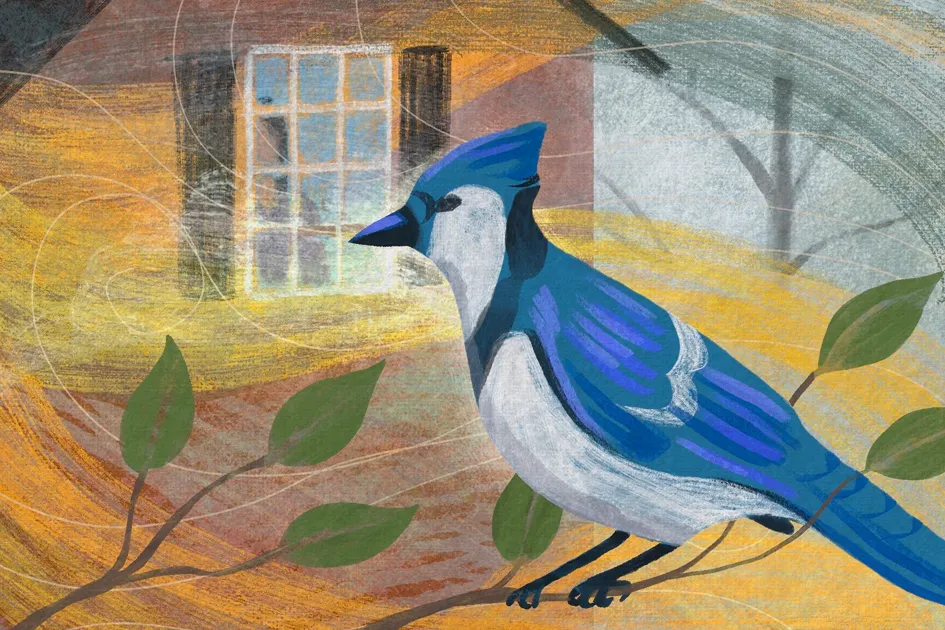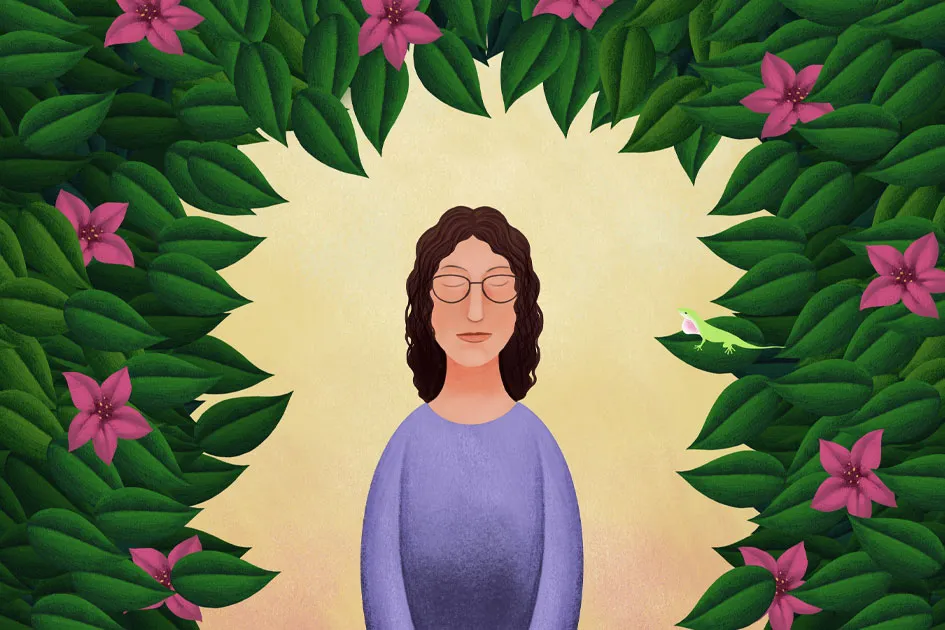The relationship you have with church is like a marriage, said one of my college professors years ago. And in a way, that’s true, because the commitment is long-term. Ideally, you don’t leave a marriage because you’re upset about your spouse’s behavior or feel less passion than before. Even in the dry, disillusioned spots, you show up each day and love, because it’s what you promised to do. And so it should be with the church.
My “marriage” to the bride of Christ has been on the rocks for a while.
That’s hard advice for me these days. My “marriage” to the bride of Christ has been on the rocks for a while. Like many relationships, the distancing took place gradually, below the surface, and went almost unnoticed until our differences were too big to ignore.
Seasons of a Relationship
In high school, when I was a new Christian, being in church had a honeymoon-like quality. It was a completely new experience for me, coming from a non-religious family. I soaked up the worship times, the intimacy with God, and the sense of being part of this big, beautiful thing beyond myself. I attended every event I could, from summer camps to Sunday school, and took in everything unquestioningly.
In college, as I learned the history of Christianity and took classes in anthropology and sociology, I discovered that the branch of church I came to faith in is part of a much larger family—and quite a broken one at that. My local congregation wasn’t just a group of individuals receiving the gospel directly from God; they were passing down what they had received from their parents, and their parents had taken the faith of their forebears and applied it to their own context, and so forth.
I saw for the first time the family dysfunction in the church—the members who refuse to speak to one another, the members who, because of seemingly minor disagreements, left the larger family to strike out on their own. I saw the petty squabbles, the politics, the posturing that is such a far cry from what I know as the gospel. So, I thought often, this is what I married into?

Going through life changes a person. My early 20s brought a series of hard situations—the deportation of a family member and the start of ongoing chronic pain, to name a couple—that left me questioning many of the narratives I had heard in church. My experience there had told me that everyone was welcomed and valued because we are all made in God’s image, but the way some Christians viewed undocumented immigrants (my mother and stepdad were both undocumented) as less than worthy told a very different story. The church had also told me that if you follow the rules and don’t do anything too awful, God will bless you and you’ll have a pretty good life. My experience with chronic pain—and the ways that no amount of banging on God’s door changed how agonizing it was—challenged that narrative.
I stayed committed to church, but it was harder to sing cheerfully as if everything were just fine, harder to nod in agreement when people told me, “God is in control,” “Everything will turn out according to His plan,” or “This is for your good and His glory.” These things might be entirely true, but because the people who said them often didn’t really see, or care to know, the depths of my suffering and confusion, what they said had a tin-can ring.
Love Letter to the Church
The more my life experiences didn’t match up with what the church taught me to expect, the more I wondered if other parts of the faith I received were also unreliable. I tried to stuff these thoughts down and stay quiet, but I realized this was cutting me off from community.
The church often interprets our questions as threats rather than attempts to open up a conversation.
In recent years I’ve started sharing my questions with others, and I’ve found I’m not alone: Many are questioning the faith they received growing up—a faith that clings to well-defined answers and values certainty as the mark of a true believer. I see our public statements as love letters—letters of longing—to the church. I know I’m not the same person you married. I’ve changed. Maybe you’ve changed. Do you still love me? Devastatingly, the church has often responded “No.” Questioners and doubters have been publicly shamed and essentially excommunicated for expressing uncertainty or thinking differently on various hot-button issues. The church often interprets our questions as threats rather than attempts to open up a conversation.
After getting the message over and over that to belong I must quiet down and follow suit, I’ve wondered if it’s even worth being here, sticking it out with church. Certainly, it would be much easier to call the whole thing off and find more relaxing things to do on Sunday mornings than to continually come back to the same unresolved lovers’ quarrel.
And yet my professor’s words are hard to shake. This is a lifelong love relationship. For better, for worse, for richer, for poorer, in sickness and in health, ’til death do us part. I’ve never officially vowed such a commitment to the church, but I have committed to love Jesus and follow Him all my life. From what I see in the New Testament, following Jesus has always involved a community of faith, of people gathering together to take care of widows and orphans, share the Lord’s supper, and partake in each other’s joys and burdens. The church is referred to as Christ’s body (1 Cor. 12), the bride of Christ (Rev. 19), God’s household (Eph. 2:19), and a spiritual building (1 Peter 2:5).

Given such imagery, it seems that I need to be connected to other Christians, as a hand is to a heart, as a child to its mother. Still, I wish I could choose which parts I am joined to—I’d prefer people who read similar books and ask similar questions, who get me. People in whose presence I don’t feel the need to hide what I really think. But I’m afraid I don’t get such a choice. That’s simply not the way this marriage works.
My history with the church also binds me. I look back at the snapshots of our relational highs—when she welcomed me as a newcomer to town and gave me a place to belong; those potlucks and hugs where I knew in my gut and in my bones that I was loved; the times she brought me meals, prayed with me, fed me with word and sacrament. These memories stay in my body and spirit. I know I would not be who I am now without her. The church still holds something holy, something valuable that I can’t find anywhere else, something I want my children to have, too.
And so I’m still here, trying to show up fully in church, though I’m scared of being rejected. Trying to love the church, and hoping she’ll love me back, despite our differences. I’m trusting that Christ, who brought me into His body, will heal the wounds that divide His members. In these places of tension, I believe growth can also happen. If we don’t turn away from each other but stay faithful, perhaps we can come to see our differences not as cause for schism, but as a chance to search for deeper, unifying truth. Perhaps we’ll see together the breadth and wonder of Christ’s kingdom, a place where die-hard believers and believing doubters, certain and uncertain, can all find a home.
Illustration by João Fazenda


